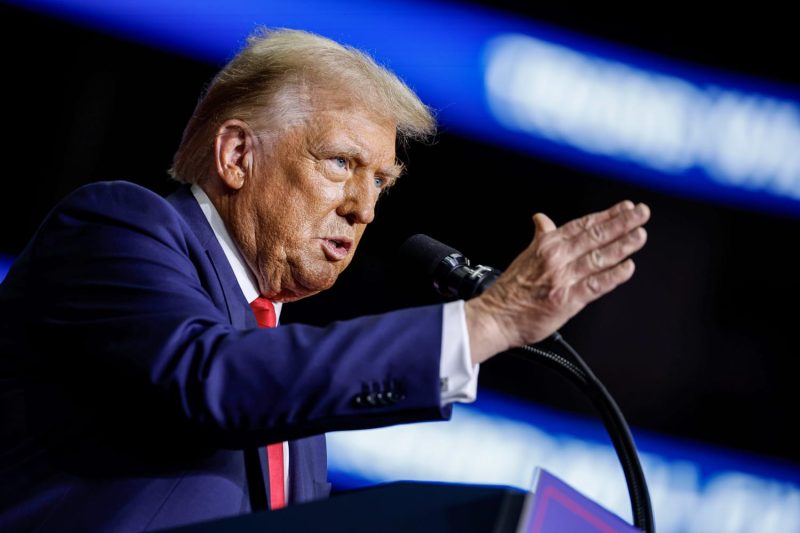President Trump’s recent threats of imposing tariffs have sent shockwaves through the business community in the United States. Companies across various industries are now scrambling to protect their interests by seeking out lobbyists and exploiting existing loopholes in the trade regulations.
The imposition of tariffs on imported goods can have significant implications for businesses that rely on foreign products or materials. These tariffs are essentially taxes imposed on imported goods, making them more expensive for companies to purchase. As a result, companies may need to either absorb the increased costs or pass them on to consumers, which could lead to higher prices and reduced competitiveness in the market.
For U.S. companies caught in the crossfire of these tariff threats, the immediate response has been to engage lobbyists to represent their interests in Washington. Lobbyists play a crucial role in advocating for businesses and influencing policy decisions that could impact their bottom line. By hiring lobbyists, companies hope to sway policymakers to either prevent the tariffs from being implemented or to secure exemptions for their specific products.
In addition to seeking help from lobbyists, U.S. companies are also exploring existing loopholes in the trade regulations to minimize the impact of potential tariffs. Loopholes in trade laws can provide companies with ways to legally circumvent tariffs or reduce their effects. For example, some companies may be able to reclassify their imports under a different tariff code to qualify for lower duties, while others may look to source their materials from alternative suppliers in countries not subject to the tariffs.
Despite the proactive measures taken by U.S. companies, the uncertainty surrounding President Trump’s tariff threats has created a challenging environment for businesses to navigate. The unpredictability of trade policies can disrupt supply chains, raise costs, and affect the overall stability of the market. As a result, companies are left grappling with the dual challenges of mitigating immediate risks while also planning for long-term strategic adjustments in the face of ongoing trade tensions.
In conclusion, President Trump’s tariff threats have set off a chain reaction in the U.S. business community, prompting companies to urgently seek out lobbyists and explore loopholes to protect their interests. As the trade landscape continues to evolve, companies will need to remain agile and adaptable in order to weather the storm of uncertainty and maintain their competitive edge in the global marketplace.
